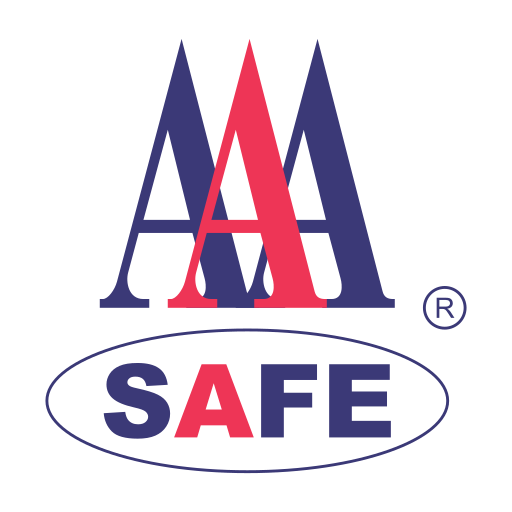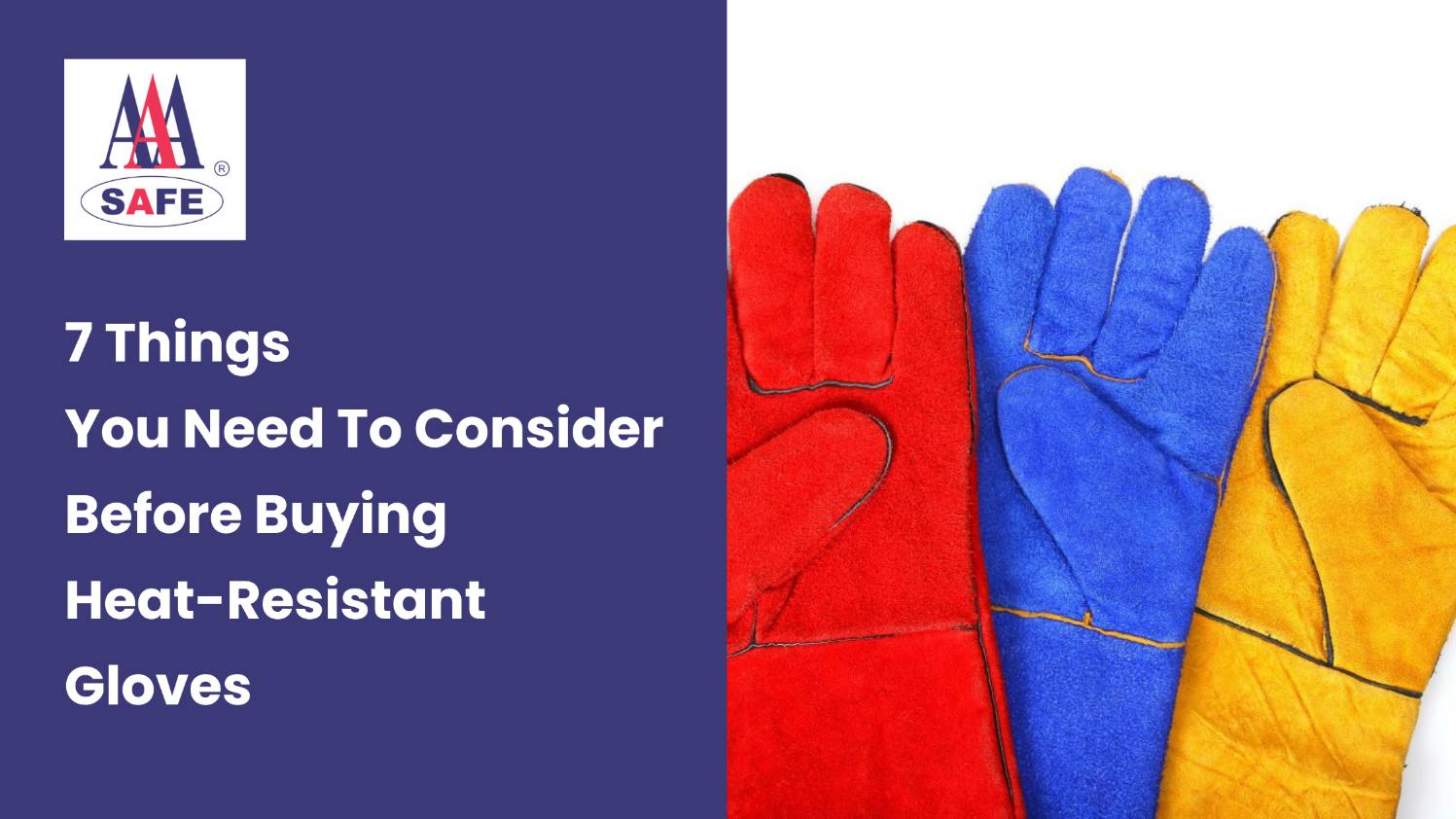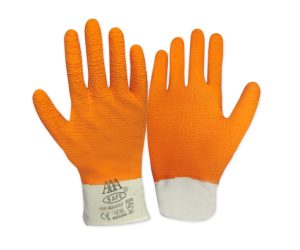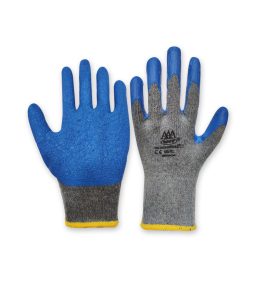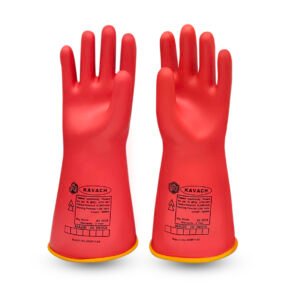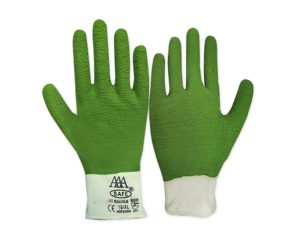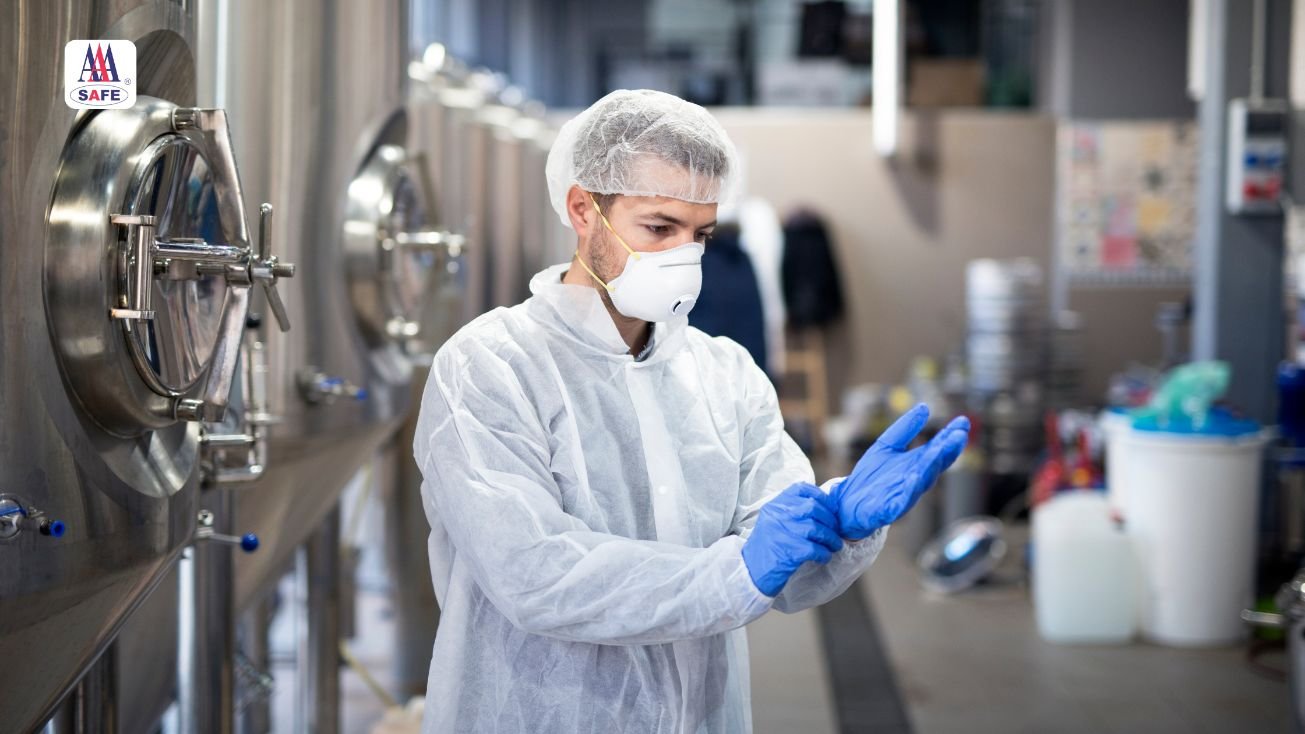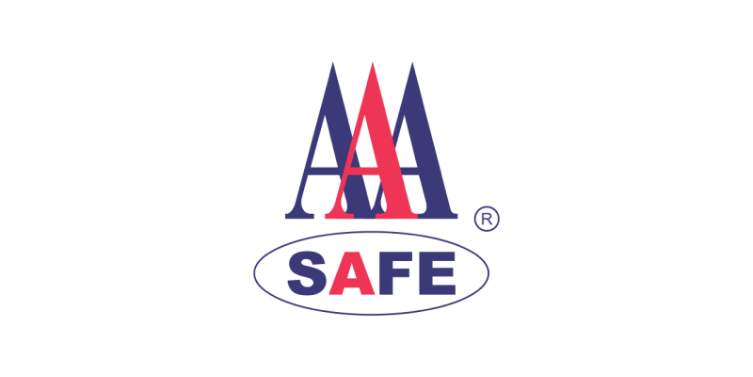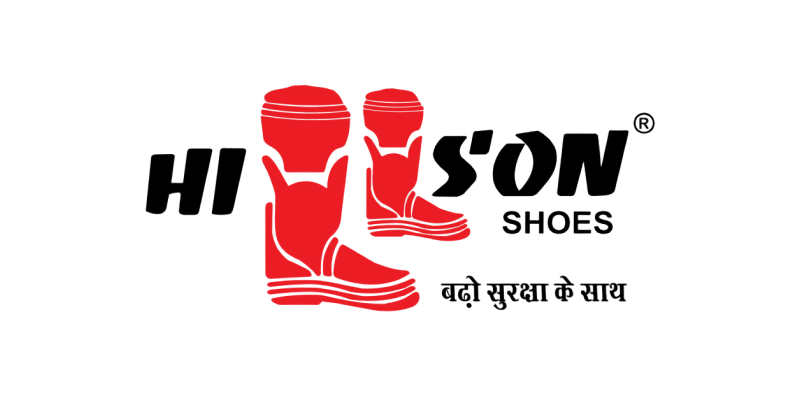So One fine day, you decided that you are finally buying Heat-Resistant Gloves !! Smart decision!
Why ? Because you encountered a burn at your welding job since and your Safety gloves weren’t designed for the purpose?
But wait, before you google search “best heat-resistant gloves” or roam the aisles of stores near you to get yourself a pair, there are a few things you need to keep in mind. After all, you wouldn’t want to spend your hard-earned money on Safety gloves that feel like they were made out of cardboard, right?
We are discussing about heavy-duty stuff like manufacturing, metallurgy, and production. Safety gloves are a must-have in these places, right? Safety Gloves that tick all the boxes and protect us from whatever haphazard we might come across at work.
It’s not just about regulations and compliance; it’s about making sure you’re safe at your risky and dangerous job. There are so many types of heat-resistant gloves in the market you can choose from.
“Let’s break down different ways that can help you choose from the available options in the market, making the process of buying heat-resistant gloves effortless.
Lets See the types before Buying Heat-Resistant Gloves
There are several different types of heat-resistant gloves, each with special qualities and degrees of protection. The materials that are most frequently utilized include:
1. Kevlar Gloves:
Ideal in situations with high temperatures. They are appropriate for handling sharp objects in hot environments because of their superior cut and heat resistance. These Safety gloves are the best option for workers involved in glass manufacturing Industry, metal handling, or automotive work.
2. Aluminium Gloves:
These are frequently utilized in furnaces and foundries for exceptionally hot operations. Heat is reflected away by the aluminized coating, offering better protection. So if you handle molten metals regularly, aluminum gloves are your safest bet.
3. Leather Gloves:
When you think of leather, you think of fashionable products. But, what you might not know is that leather is a reliable material for heat protection—frequently utilized for industrial applications like welding. Good heat resistance and durability are provided by leather gloves, but not as much as by Kevlar or aluminum alternatives.
4. Nomex Gloves:
Let’s discuss about Nomex gloves. For a polymer material, Nomex exhibits exceptional resistance to heat, chemicals, and radiation. It is resistant to heat and endures temperatures as high as 370 °C.
5. Neoprene Gloves:
Now let’s talk about neoprene gloves. They’re known for being tough against moist heat and chemicals. So, if you’re in a place like a lab where your hands are constantly exposed to boiling liquid (steam) or chemicals, do yourself a favour and get yourself a pair of Professional-grade neoprene gloves with fleece lining.
6. Silicone Coated Gloves:
Excellent for both heat resistance and grip; particularly helpful in situations where you may be handling greasy or slippery objects.
7. Carbon Fiber Gloves:
Check out carbon fiber gloves if you’re into precise work in hot places. They’re like the fancy option – heat-resistant, lightweight, and versatile. Great for gigs in aeronautical engineering or making cool electronic stuff.
8. PVC Gloves:
Last but not least, the masters of combos are PVC gloves. They are fairly adaptable and manage chemicals with ease. Consider positions in the petrochemical industry where you handle chemicals and heat. PVC gloves are ideal for jobs involving hot liquids and chemical exposure.
Options mentioned above not only enable you but also equip you before buying Heat-Resistant Gloves.
7 Tips to Consider before Buying The Best Heat-Resistant Gloves
1. Temperature Resistance
Different tasks require different temperatures. Make sure you know the precise amount of heat resistance needed for the planned use of the gloves before making a purchase. Select safety gloves with a temperature rating that corresponds to the highest temperature the gloves will be subjected to. Safety Gloves are usually marked with the highest temperature at which they can withstand, such as 500°F (260°C), so you can choose wisely before buying heat-resistance gloves.
2. Material and Construction
Now, let’s dive into the nitty-gritty – the materials. There’s Kevlar, Nomex, leather – it’s like a fashion show of Safety Gloves. Each material has its strengths. Kevlar is a tough cookie, great for heavy-duty stuff. Nomex? It’s a little high-end material that handles heat and flames with style. And leather? Classic, dependable – everyone’s favorite.
3. Comfort and Fit: Like a Glove, Not a Vice Grip
What happens when you wear clothes that are too tight? You feel uncomfortable. Now imagine you’re wearing Safety gloves that are too tight for your hands. Comfort is king, especially if you’re wearing these gloves for hours. Find the right fit, like a handshake, not a wrestling grip. Nobody wants to end up with sore hands after a day’s hard work. So, look for gloves that feel like they were made for your hands, not a wrestler’s hands.
Also, mind the length of the Safety gloves. If you want the best heat protection on the arms as well, you will benefit from gloves that are a little longer than the rest.
4. Dexterity
Your Safety gloves should fit you well while leaving some space for your fingers to move freely. That’s where dexterity comes in. It’s the sophisticated term that explains as to how well you can move your fingers in these gloves. You don’t want to feel like you’re wearing mittens while doing delicate tasks. So, find gloves that give you the right mix –best heat protection without sacrificing finger movements.
5. Durability
Heat-resistant safety gloves need to be industrial-grade with respect to standards, made from top-notch materiaeatls that can handle the heat without giving up on protection. Especially in hot regions such as Dubai (UAE) where the temperature can get significantly higher than other regions. Some materials will be more durable than others. So spend your money wisely before you decide on Buying Heat-Resistant Gloves. We’re seeking long-lasting safety gloves, not a one-time thing. When you give a little TLC to your gloves, they will last you a long time. Clean them, store them right – treat them like your favorite jacket.
6. Industry-Specific Requirements
Different jobs, different needs. It’s like choosing tools for a job – you wouldn’t use a wrench for painting, right? The same goes for Safety gloves. If you’re in a kitchen, you might need something different than a person in a factory. Kitchen gloves need to handle heat, but also be food-safe. Factory gloves? They need to handle machinery, maybe chemicals. So, know your job’s personality and pick Safety gloves that vibe to it.
7. Certification and Standards
Safety first, always. Before you click “buy now,” check if those Safety gloves are certified and meet safety standards. It’s like looking for the “organic” label on your veggies – you want that assurance. Different industries might have specific safety standards, like a secret handshake only they know. So, dig into those details, and make sure those gloves have the safety stamp of approval.
FAQs
Heat-resistant gloves are specifically made to protect your hands from extreme heat exposure and burns. They are made from special materials such as Kevlar and neoprene which are known for their heat-resistant ability.
The majority of gloves can be washed. Before using, wash them with gentle soap and water, stay away from strong chemicals, and let them air dry entirely.
Indeed, a lot of heat-resistant gloves work well for cooking. Make sure they are made especially for use in kitchens and that they adhere to safety regulations.
Depending on the gloves, yes. While some people are chemically resistant, others might not be. Examine the details and select the appropriate gloves for the job.
Certain gloves can be used with touchscreen devices. If you require to utilize electrical devices while wearing the gloves, see the product description for this feature.
Final words
So there you have it – buying heat-resistant gloves is like picking the right tool for a job. You want the one that fits, does the job right, and won’t fall apart after a week. Now, go out there, find those perfect gloves, and get back to work!
